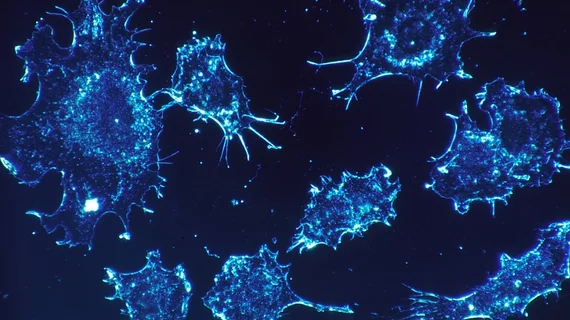By using the CRISPR gene-editing tool, a research team was able to identify several mutations in cells that boosted the risk of cancer.
In a recent study, researchers Jay Shendure, Greg Findlay, MD, PhD, and Lea Starita used CRISPR genome editing to see how different variants affected the functionality of the BRCA1 gene in human cells.
“CRISPR has tremendous potential because the technology allows researchers like us to tinker with human genes. CRISPR allows us to make very specific changes, ‘edits’ to our DNA—thus the phrase, ‘genome editing,’” the authors said in an article.
The researchers first grew human cells in culture, then used the gene-editing tool to create variations in a particular region of the BRCA1 gene and let them grow for 11 days. They were then able to determine which variants affected the gene—meaning the survival of the human cell depended on functionality of BRCA1 gene.
According to the study, cells with mutations that disrupted the function of the BRCA1 gene did not survive, while cells with mutations that had no effect on the function of the gene did survive. Based on the results, the authors were able to determine which cells caused an increased cancer risk.
“Using DNA sequencing, we tracked which mutations were associated with cell death versus cell survival,” the authors said. “When we compared the mutations that caused cell death to variants that are known to increase cancer risk, we noticed that they were the same. This gave us the confidence to say that the behavior of these variants in the cells in the dish was predictive of cancer risk in humans.”
The researchers also said their results can be used to help women with “challenging-to-interpret variants” in BRCA1 and could “critically inform” potential medical care.
“Because of this strong agreement with 'gold standard' data derived from human studies, we predict our results can be used to provide better answers to women with challenging-to-interpret variants in BRCA1. This includes many women that have an elevated risk of cancer, but would previously have been missed by genetic testing,” the authors said. “To these women, this knowledge of what their mutations mean may critically inform the medical care that they receive.”

